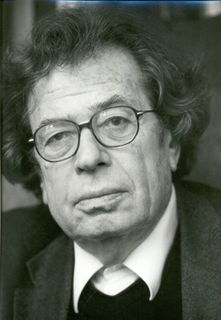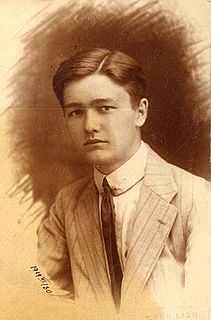 W
WZsófia Balla is a Romanian-born Hungarian poet and essayist. She is considered to be one of the most prominent female poets in Hungary.
 W
WFrançois Bréda was a Romanian essayist, poet, literary critic, literary historian, translator and theatrologist.
 W
WSándor Csoóri was a Hungarian poet, essayist, writer, and politician.
 W
WFerenc Kölcsey was a Hungarian poet, literary critic, orator, and politician, noted for his support of the liberal current in Hungary regarding the politics involving the Austrian Empire. He wrote Himnusz, the national anthem of Hungary in 1823.
 W
WArthur Koestler, was a Hungarian British author and journalist. Koestler was born in Budapest and, apart from his early school years, was educated in Austria. In 1931, Koestler joined the Communist Party of Germany, but he resigned in 1938 because Stalinism disillusioned him.
 W
WGyörgy (George) Konrád was a Hungarian novelist and essayist, known as an advocate of individual freedom.
 W
WGyörgy Lukács, also Georg Bernard Baron Lukács von Szegedin, was a Hungarian Marxist philosopher, aesthetician, literary historian, and critic. He was one of the founders of Western Marxism, an interpretive tradition that departed from the Marxist ideological orthodoxy of the Soviet Union. He developed the theory of reification, and contributed to Marxist theory with developments of Karl Marx's theory of class consciousness. He was also a philosopher of Leninism. He ideologically developed and organised Lenin's pragmatic revolutionary practices into the formal philosophy of vanguard-party revolution.
 W
WKelemen Mikes (1690–1761) was a Transylvanian-born Hungarian political figure and essayist, noted for his rebellious activities against the Habsburg Monarchy. Mikes is referred to as the "Hungarian Goethe", made famous by his Letters from Turkey. With these, Mikes laid the foundations of Hungarian literary prose, and he is regarded as one of the first Hungarian prose authors.
 W
WJózsef Molnár was a Hungarian writer, journalist, publisher and printer.
 W
WTerézia Mora is a Hungarian writer, screenwriter and translator.
 W
WLászló Németh was a Hungarian dentist, writer, dramatist and essayist. He was born in Nagybánya the son of József Németh (1873–1946) and Vilma Gaál (1879–1957). Over the Christmas of 1925, he married Ella Démusz (1905–1989), the daughter of János Démusz, a keeper of a public house. Between 1926 and 1944 they had six daughters, but two of them died in infancy. In 1959 he visited the Soviet Union. In the last part of his life he lived and worked in Tihany. He died from a stroke on 3 March 1975 in Budapest and was buried in Farkasréti Cemetery, Budapest, where he shares a grave with his wife.
 W
WGábor Nógrádi is a Hungarian book author, screenwriter, playwright, essayist, publicist and poet who is best known for his children's novels, such as the Pigeon Granny and The Story of Pie , a book which won the 2002 Children's Book of the Year award, was on the Honor List of the International Board on Books for Young People (IBBI) and was ranked among the 100 most popular books in Hungary in the 2005 'Big Book' competition.
 W
WPeter Andrew Sherwood is a British Professor of Linguistics, who was born in Hungary, and left the country with his family after 1956. He is a writer, editor, translator and lexicographer and as the Laszlo Birinyi Sr., Distinguished Professor in Hungarian Language and Culture at the University of North Carolina at Chapel Hill.
 W
WAndrás Sütő was an ethnic Hungarian writer and politician in Romania, one of the leading writers in the Hungarian language in the 20th century.
 W
WGéza Szávai is a Hungarian novelist.
 W
WMiklós Vámos originally Tibor Vámos, is a Hungarian writer, novelist, screenwriter, translator and talkshow host, who has published 33 books.
 W
WStephen Vizinczey, originally István Vizinczey, is an author and writer.